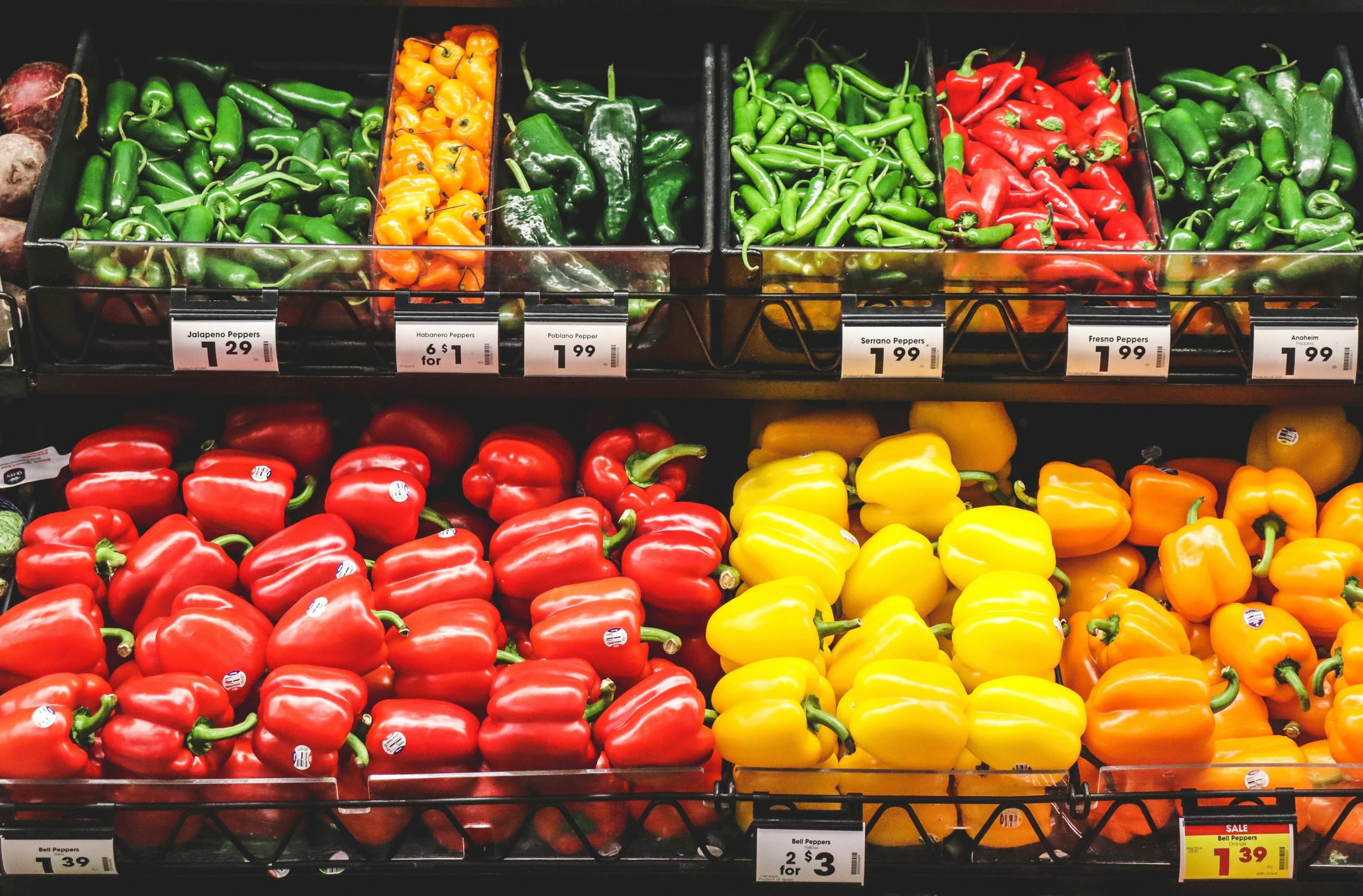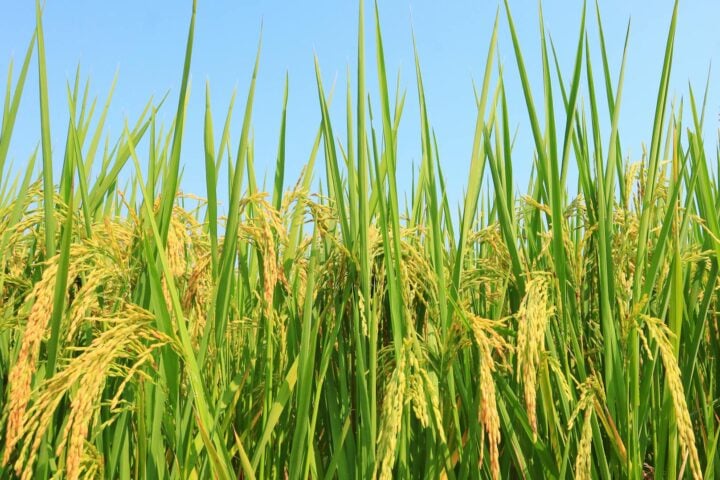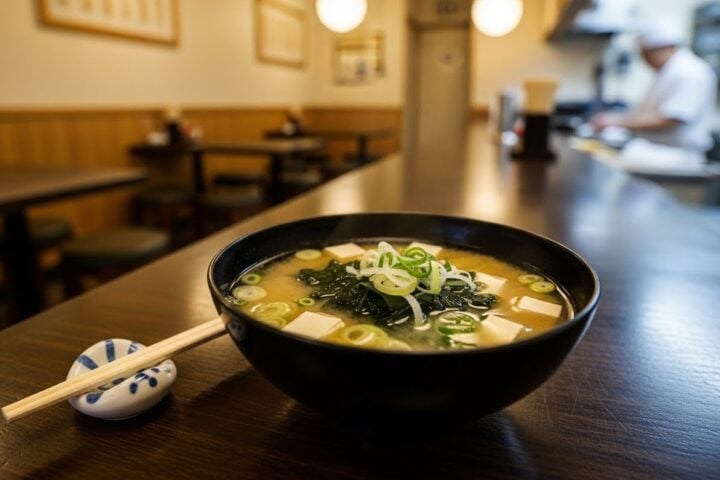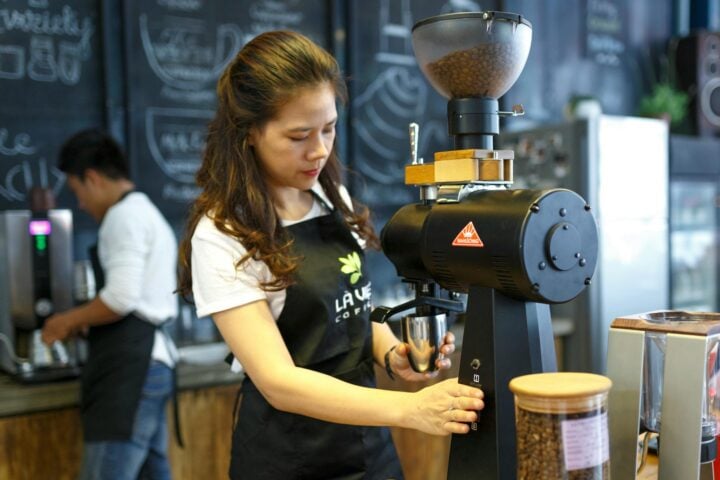For years, supermarkets have discarded “ugly vegetables”—misshapen carrots, lumpy tomatoes, and uneven potatoes—all in the name of visual perfection. But now, the trend has reversed. Consumers have begun demanding imperfect produce, insisting that strange-looking vegetables are more authentic, natural, and superior in taste.
Faced with skyrocketing demand, supermarkets have taken a drastic and entirely ridiculous measure. They are intentionally damaging perfectly fine produce to make it appear uglier and more desirable.
Supermarkets Secretly Bruising Vegetables to Make Them “Authentically Ugly”
Investigative reports reveal that some supermarkets are resorting to extreme measures to ensure their vegetables appear sufficiently “flawed.”
Flawless cucumbers are being deliberately tossed onto hard surfaces to create subtle dents, while carrots are gently squished to introduce what staff refer to as “organic distortions.” Even eggplants haven’t been spared. Workers have taken to strategically scratching their skins to give them a touch of rugged character, supposedly increasing their visual authenticity on store shelves.
A visit to several grocery stores confirmed the scale of this deception. In the produce section of a major supermarket, perfectly fine bell peppers sat untouched, while nearby, a separate bin labeled “Authentic Ugly Vegetables” contained suspiciously bruised tomatoes and oddly twisted zucchini.
In another store, a stack of carrots with strangely uniform dents raised concerns. A staff member was seen lightly pressing each one against the edge of a wooden crate, creating “natural-looking imperfections” before placing them on display. “People love that ugly look,” muttered an employee, casually poking a potato to create a desirable deformity.
The Rise of the “Ugly Vegetable Movement”
The trend started as a genuine push to reduce food waste, encouraging people to embrace produce that didn’t meet aesthetic standards. But now, the movement has evolved. Consumers are actively rejecting vegetables that look too symmetrical.
“I saw a tomato that was too round, and honestly, I didn’t trust it,” confessed local shopper Emiko Araki. “It felt like corporate farming propaganda. I only buy tomatoes that look like they’ve had a difficult life.”
High-end grocery stores have taken the trend to absurd extremes, offering special “Hand-Distressed Produce” selections at premium prices. “Our cucumbers experience a beautiful journey of hardship before reaching your kitchen,” said a manager at one upscale store, who wished to remain anonymous. “They are tumbled, gently battered, and emotionally tested to ensure they carry an authentic look of suffering. You taste the struggle in every bite.”
Another high-end store has rolled out an “Elite Ugly Vegetables” section, proudly displaying produce with extra distortions, accompanied by a sign reading: “These vegetables have been through more than you. Appreciate them.”
Ethical Concerns: Are Supermarkets Faking Flaws Just to Charge More?
Consumer advocacy groups are calling for investigations, worried that supermarkets are exploiting the ugly vegetable trend for profit. “We wanted to end food waste, not create a black market for artificially damaged produce,” stated activist group Real Ugly Food Matters. “Now, instead of natural ugly vegetables, we’re dealing with fake ugly vegetables? How does this make any sense?”
Meanwhile, economists report a disturbing financial trend. The price of damaged vegetables is rising dramatically.
- Misshapen broccoli now costs 30% more than a perfectly shaped one
- Bruised potatoes are being labeled as “Rustic Potatoes” and sold for premium rates
- “Organically Scratched Eggplants” are being marketed as artisanal, doubling in price
Stores insist they are “enhancing the value” of ugly vegetables, but shoppers aren’t convinced. “I just paid extra for a cucumber that someone literally threw against a table,” complained one Tokyo resident. “How did we get here?”
With supermarkets bruising vegetables, consumers rejecting symmetry, and activists questioning ethics, the future of produce is uncertain, misshapen, and slightly ridiculous.
The Future of Vegetables: Are Perfect Ones Doomed?
As the ugly vegetable trend continues, some experts fear that truly flawless produce will soon be unsellable.
“The industry is shifting,” explained food analyst Michiyo Nagayama. “If people keep rejecting visually perfect vegetables, farms might be forced to abandon genetic improvements and instead start… just beating up their crops.”
Local vegetable farmer Teruo Wada, who has spent decades growing pristine, high-quality produce, says he is struggling to keep up with the bizarre shift in consumer preferences. “I worked for years perfecting my carrots,” Wada lamented. “They were symmetrical, vibrant, absolutely beautiful. But now, stores won’t buy them unless they’re bent like a question mark!”
In an act of desperation, Wada tried to “ugly up” his produce, letting cucumbers grow wildly, allowing potatoes to develop weird lumps, and even experimenting with lightly bruising his lettuce by dropping it from waist height. “It still wasn’t ugly enough,” he admitted, shaking his head. “They told me my vegetables looked too intentionally imperfect. Apparently, there’s a natural ugly aesthetic that I just don’t understand.”
Others have given up entirely. “I’m done fighting it,” confessed veteran farmer Hajime Saito, staring at a pile of flawless, rejected radishes. “I used to worry about pests, soil conditions, weather, all the things farmers should worry about. But now, the problem is that my vegetables look too healthy. I don’t care anymore. Let the supermarkets destroy them by themselves.”
With farmers struggling to match the bizarre expectations, supermarkets staging vegetable distress, and consumers chasing authenticity at any cost, the future of produce is uncertain, misshapen, and riddled with chaos. “I don’t care about trends,” said one frustrated shopper. “I just want a normal potato. Why is that suddenly so hard to find?”




